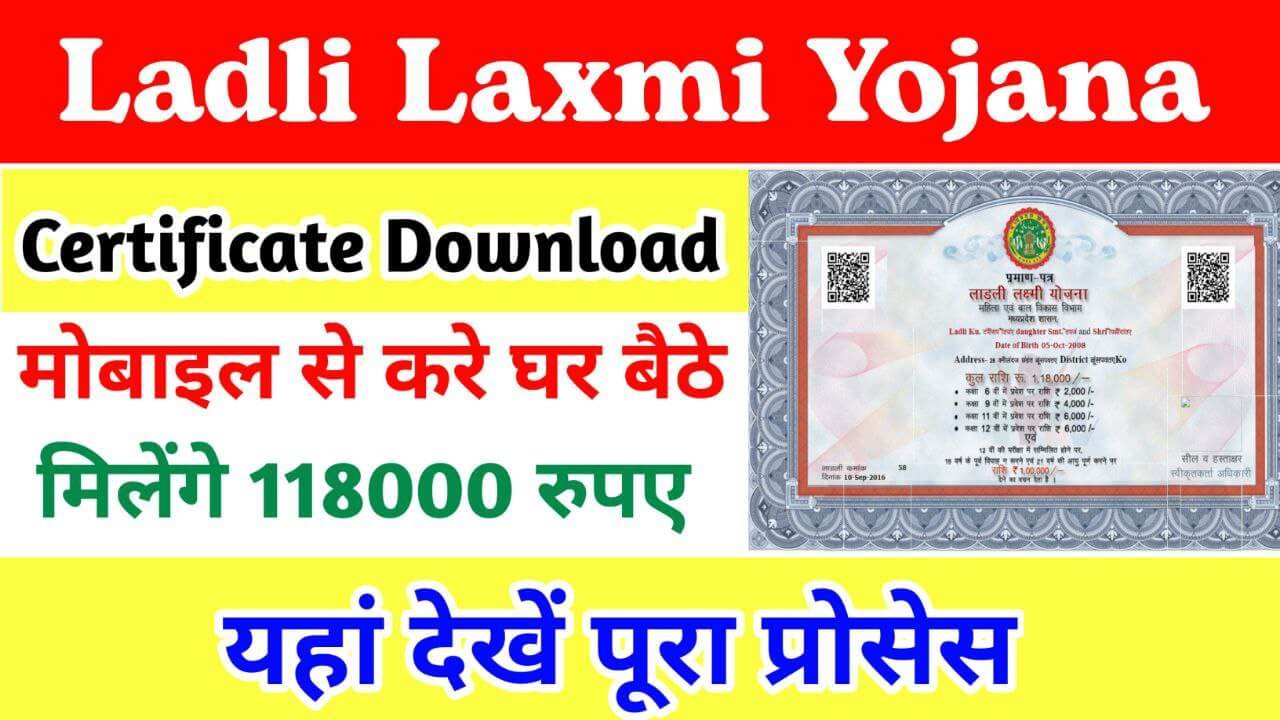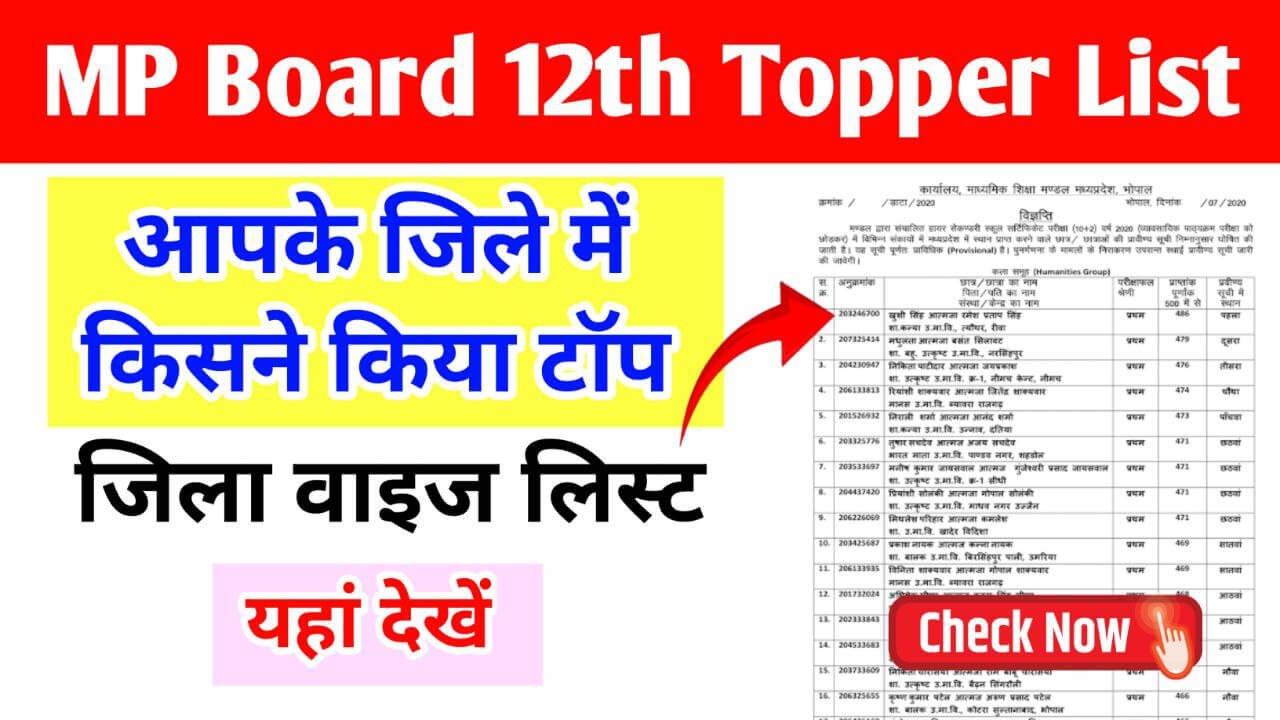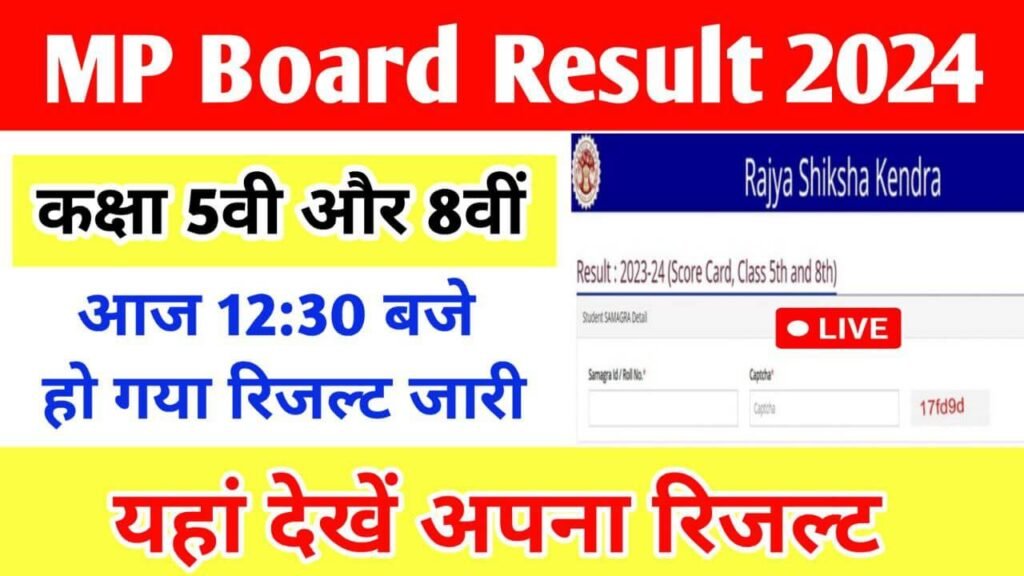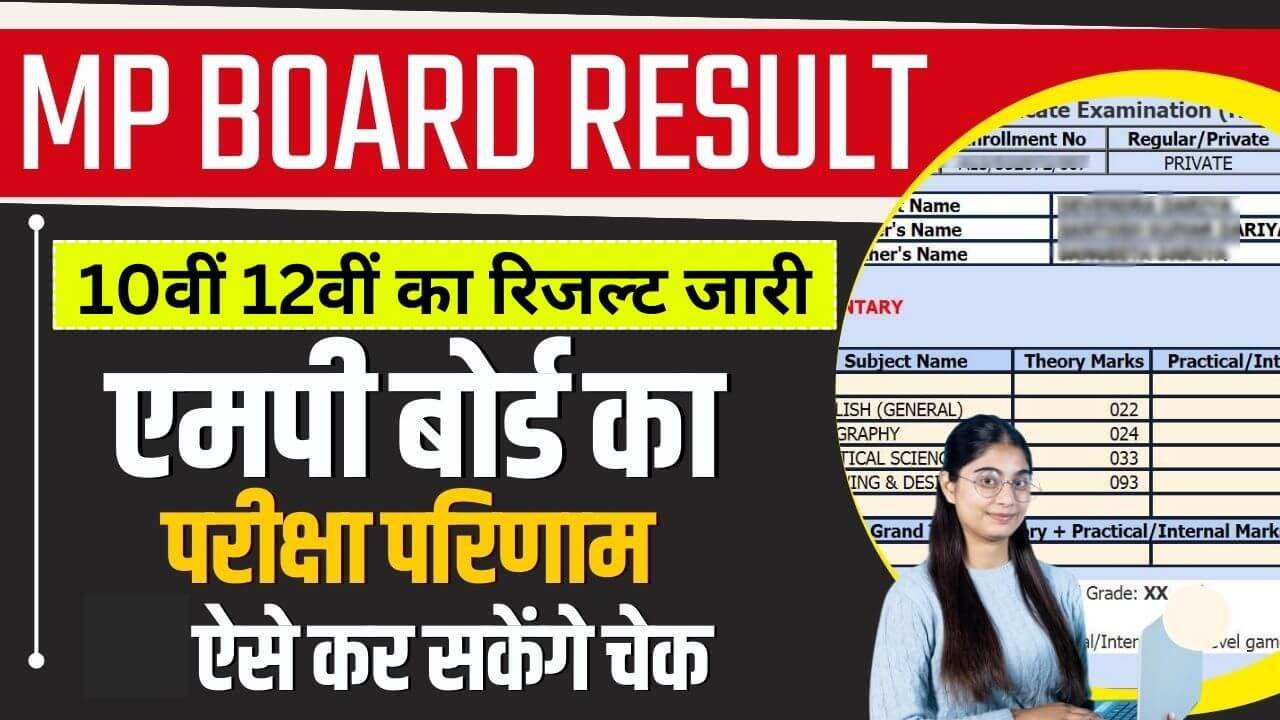Ladli Laxmi Yojana Certificate Download : मात्र 2 मिनट में करें लाडली लक्ष्मी योजना सर्टिफिकेट डाउनलोड, यहां देखें पूरा प्रोसेस
Ladli Laxmi Yojana Certificate Download 2024 : महिला एवं बाल विकास विभाग मध्यप्रदेश द्वारा राज्य में बेटियों की अच्छी शिक्षा और विवाह के लिए लाडली लक्ष्मी योजना का संचालन किया जा रहा है। जिसके तहत बालिकाओं को 1,43,000 रुपए का आश्वसन प्रमाण पत्र यानि लाडली लक्ष्मी योजना सर्टिफिकेट प्रदान किया जाता है। इस योजना के … Read more









